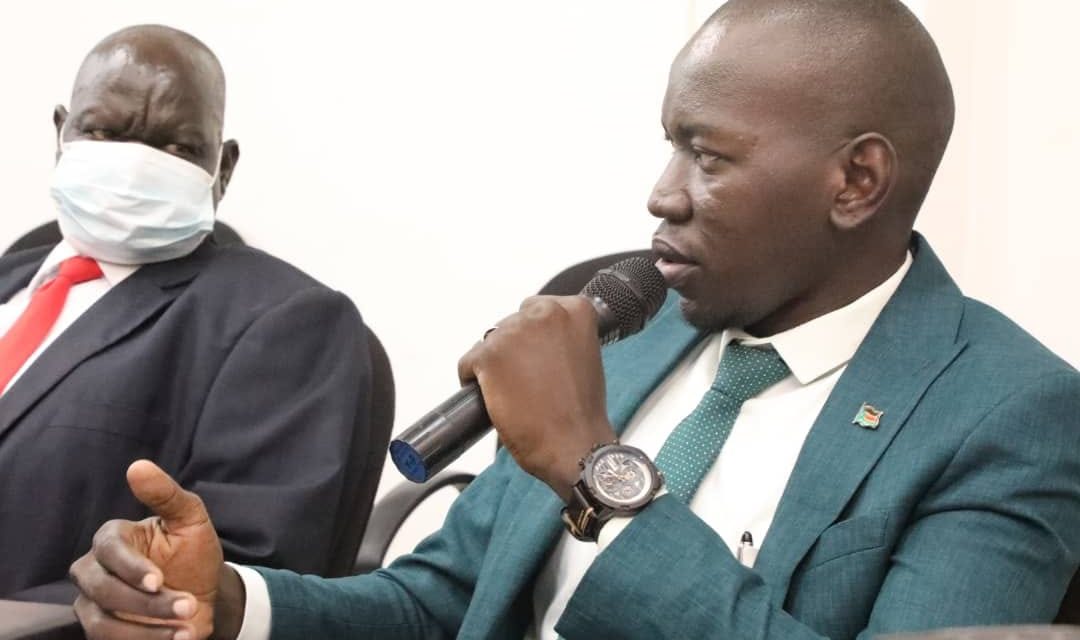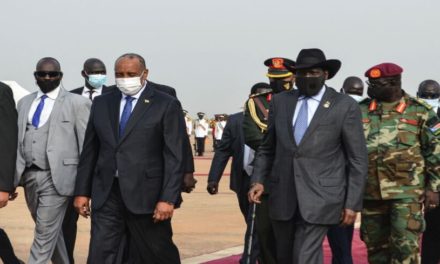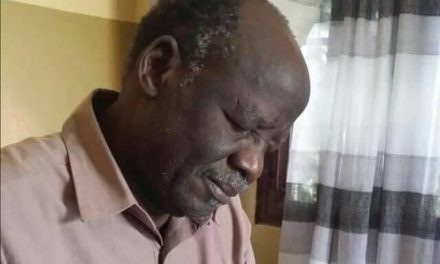
Peace Agreement: Key Legislative reforms in a constant jam

“We have been meandering in governance for over two years, so without implementing those chapters.” says a member of parliament
JUBA – SOUTH SUDAN: 18/FEB/2022: With only 12 months of the transitional period left, several important pieces of legislation included in Chapter Four of the Revitalized Agreement on the Resolution of Conflict in South Sudan (R – ARCSS) have yet to be ratified.
At least six of the laws that are supposed to be amended in accordance with the 2018 peace agreement have yet to be presented before parliament for discussion.
Some of these laws; the Constitutional Amendment Bill, the Political Parties Bill, and the Elections Bill are important for South Sudan to hold elections at the end of the transitional period and should have been amended by now.
MP Paulino Lukudu, a member of Other Political Parties who represents Lainya Central Equatoria state believes a lack of political will among politicians has caused the delay.
“We have been meandering in governance for over two years, so without implementing those chapters,”
“Unless we want to have a sham election, elections that justify the presence of people in the office but not elections that follow the international standards of a free and fair election,” Lukudu said.
Enacting the Political Parties Bill, for instance, would accommodate all signatories to the Peace agreement so that parties can register and be part and parcel of the 2023 Elections.
The United Nations Commission on Human Rights in South Sudan warned last Friday in Juba that South Sudan is at a tipping point.
UN commissioner Barney Afako said, “The pursuit of elections runs the serious risk of fueling violence and polarization if the requisite institutions, constitutional and electoral laws as well as logistic arrangements are not first in place.”
Several factors have hindered efforts to bring up bills to amend certain pieces of legislation as required by the peace deal, according to John Agany, head of the specialized committee on information and communication in the Transitional National Legislative Assembly (TNLA).
Agany said one of them is the delay in the formation of the chairpersons and deputy chairpersons of the specialized committees in the TNLA.
“The constitutional amendment bill is already (in parliament) and shortly after the national budget is passed, we’ll come back to table the Constitutional Amendment Bill,” Agany said.
“In the agreement, all the bills are urgent according to the way they’re planned but it has to be gradual as they’re brought to us because bills cannot be brought at a go.” He added.
There had been no progress with legislation on the transitional justice mechanism reforms either. stipulated in the five of the agreement which provides for the formation of an independent hybrid judicial body, the Hybrid Court for South Sudan, a commission of truth, reconciliation and healing, and a compensation reparation authority.
These legislations were hampered by the delay in reconstituting the TNLA and financial constraints among others.
Even Chapter One of the agreement which provides for the formation of government is incomplete because county councilors and City Council Councilors in all ten states have yet to be formed.
Lukudu said County commissioners, city officials, and town mayors have been making decisions alone.
“Up to today, there’s no single county that has counselors and those councilors who will actually relate the work of the political parties at the level of the counties, so we’ve commissioners (working) without the support of the counselors. Commissioners are acting alone.”
Aside from amending laws and passing legislation, South Sudan must also conduct a census before elections are held in 2023 and form a national army.
“Census must be conducted for us to know how many constituencies we’re going to have based on the number of populations,” Lukudu said, noting that the current population of 12 million is an estimate and may not be accurate.
“We cannot go for elections by having different, separate armies. The army has not been unified up to the moment. Armies are loyal to individuals and loyal to political parties rather than loyal to the nation and the constitution.” Lukudu reiterated.



















Recent Comments